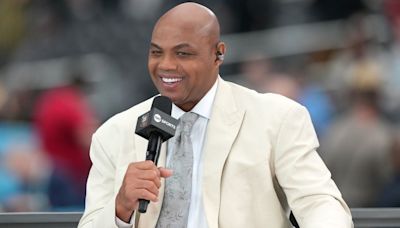Search results
Charles Edwin Mitchell (October 6, 1877 – December 14, 1955) was an American banker whose incautious securities policies facilitated the speculation which led to the Crash of 1929. First National City Bank's (now Citibank ) controversial activities under his leadership were a major contributing factor in the passage of the Glass-Steagall Act .
- Banker
- December 14, 1955 (aged 78), New York City, U.S.
- Charles Edwin Mitchell, October 6, 1877, Chelsea, Massachusetts, U.S.
- National City Bank
Mar 26, 2024 · Charles E. Mitchell (born Oct. 6, 1877, Chelsea, Mass., U.S.—died Dec. 14, 1955, New York, N.Y.) was an American banker and chairman of the National City organization. Mitchell took his first job with the Western Electric Company in Chicago and became the president’s assistant in 1903. Three years later he left the firm and became assistant ...
Charles Mitchell. See Photos. Charles Mitchell (Neviller) See Photos. View the profiles of people named Charles Mitchell. Join Facebook to connect with Charles Mitchell and others you may know.
Charles Mitchell (academic) Charles Christopher James Mitchell FBA KC ( Hon) [1] [2] (born 14 May 1965) [3] is a British legal scholar acknowledged as one of the leading common-law experts on the English law of restitution of unjust enrichment and the law of trusts. He is the author of two leading textbooks and one practitioner's book.
National City Bank1921–1929. Industry: Finance. Era: 1920. Under Mitchell’s presidency, National City Bank was converted into a modern retail banking organization and a world-wide banking empire with offices from London to Singapore. He popularized checking accounts for individuals and pioneered personal loans to customers in 1928.
People also ask
Who was Charles Mitchell?
Who is Dr Charlotte Mitchell?
Why was Mitchell convicted of selling his stake in National City Bank?
Extremely successful both as an investment and as a commercial banker, Charles E. Mitchell was identified by contemporaries as the epitome of the unscrupulous “money changers” whose speculative dealings they felt played a major role in the Crash of 1929 and the ensuing economic collapse. This portrayal has been echoed and elaborated by ...




